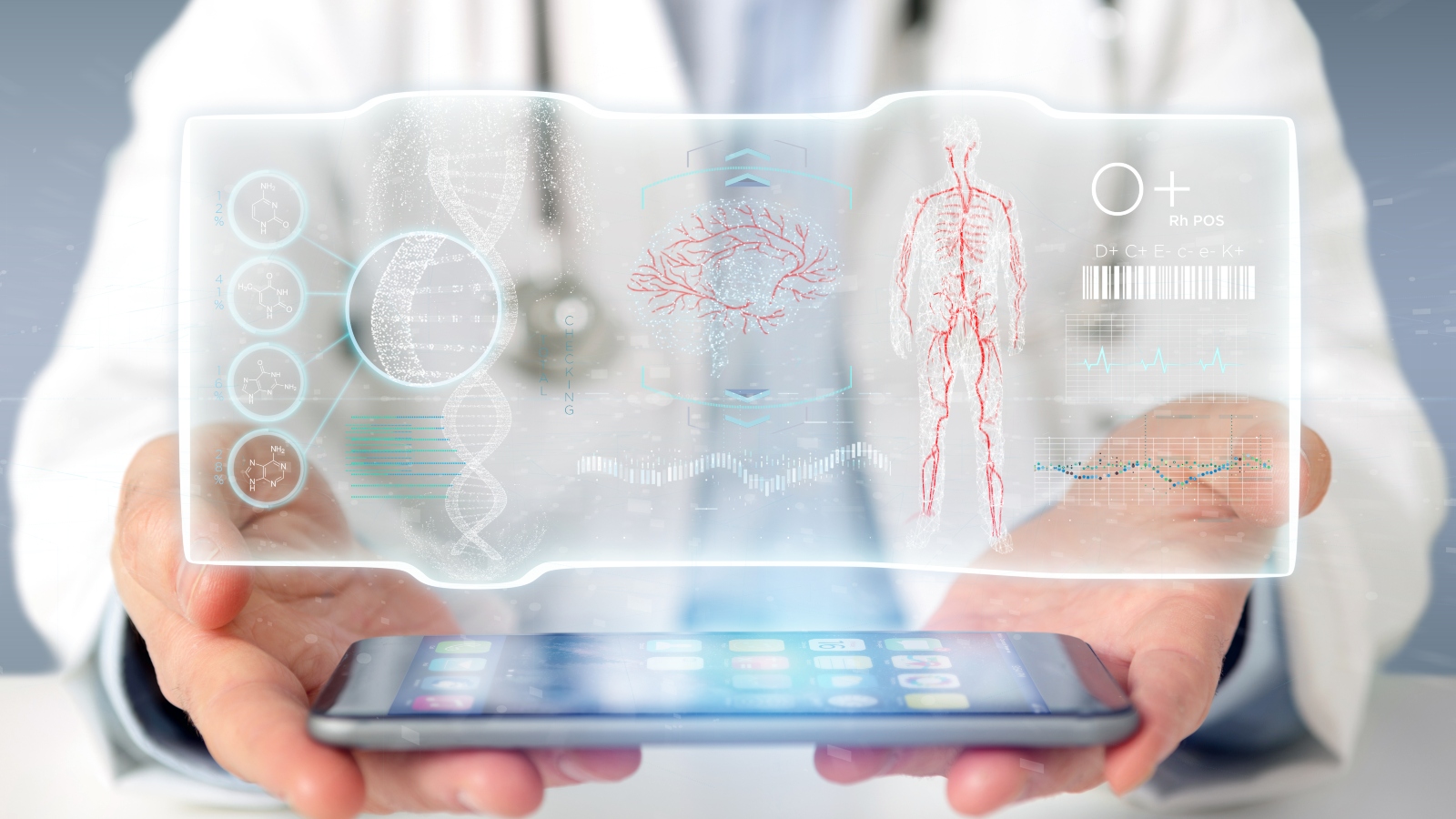Introduction: The healthcare industry is no exception in the modern day, where technology improvements have permeated every aspect of our lives. Mobile and web-based applications have ushered in a new era in healthcare, altering how individuals and medical professionals interact, diagnose, and manage health-related issues. This article digs into these applications’ enormous impact on the healthcare environment, providing light on the myriad ways they are transforming the industry.
Enhanced Accessibility to Medical Information
Gone are the days when medical information was confined to the pages of heavy textbooks or the expertise of healthcare professionals. Mobile and web-based applications have democratized medical knowledge by providing accessible platforms to educate users about various health conditions, symptoms, treatments, and preventive measures. These applications offer user-friendly interfaces that cater to people seeking reliable information on their health concerns, thereby empowering them to make informed decisions about their well-being.
Telemedicine and Remote Consultations
One of the most notable impacts of mobile and web-based applications on the healthcare sector is the rise of telemedicine. These applications facilitate remote consultations between patients and healthcare providers, eliminating geographical barriers and the need for in-person visits. Through secure video calls and messaging platforms, patients can seek medical advice, discuss symptoms, and even receive prescriptions from the comfort of their homes. This has proven especially crucial in times of crisis, such as the global pandemic, where virtual consultations became a lifeline for many.
Efficient Appointment Management
Gone are the days of lengthy phone calls and tedious appointment scheduling processes. Mobile applications have streamlined the appointment management system, allowing patients to view doctors’ availability, book appointments, and receive reminders seamlessly. This not only saves time for patients but also optimizes the healthcare provider’s schedule, enhancing overall operational efficiency.
Health Monitoring and Wearable Integration
The integration of mobile applications with wearable devices has enabled real-time health monitoring and tracking. Patients can now monitor their vital signs, physical activity, sleep patterns, and more, providing valuable data to both themselves and their healthcare providers. These applications can alert users and medical professionals to any irregularities, ensuring timely intervention in case of emergencies or concerning health trends.
Medication Management and Adherence
Mobile applications have revolutionized the way medications are managed and adhered to. Through reminder notifications and interactive interfaces, patients can stay on top of their medication schedules. These applications can also educate users about potential side effects, interactions, and proper dosages, promoting a safer and more informed approach to medication.
Data Privacy and Security
As with any technological advancement, concerns about data privacy and security have emerged. Healthcare applications deal with sensitive medical information, making robust security measures imperative. Developers are continuously working to implement encryption, authentication protocols, and compliance with data protection regulations to ensure user information remains confidential and secure.
Conclusion
The integration of mobile and web-based applications into the healthcare system marks a transformative milestone that empowers patients and enhances medical practices. From increasing access to medical information and enabling telemedicine to streamlining appointment management and promoting health monitoring, these applications have changed the way healthcare is delivered and received. As technology continues to evolve, it is imperative for the industry to strike a balance between innovation, usability, and security, ultimately creating a healthcare landscape that is more efficient, patient-centric, and adaptable to the changing needs of society.
1) How do mobile and web-based applications contribute to telemedicine?
Mobile and web-based applications have facilitated telemedicine by providing platforms for remote consultations between patients and healthcare providers. Through secure video calls and messaging, patients can discuss symptoms, receive medical advice, and even get prescriptions without the need for in-person visits.
2) Can you provide examples of health monitoring through mobile applications?
Health monitoring through mobile applications involves the integration of wearable devices, such as fitness trackers or smartwatches, with smartphone apps. These apps collect and display real-time data on vital signs, physical activity, sleep patterns, and more, allowing users and healthcare professionals to track health trends.
3) How do mobile applications enhance medication management?
Mobile applications aid medication management by sending reminder notifications for dosage schedules, helping patients adhere to their prescribed regimens. Additionally, these apps can provide information about potential side effects, interactions, and proper usage, promoting safer medication practices.
4) Are mobile healthcare applications secure in terms of patient data?
Ensuring the security of patient data is a paramount concern. Developers of healthcare applications implement robust security measures, including encryption and authentication protocols, to safeguard sensitive medical information. Compliance with data protection regulations is also a priority to maintain user privacy.
5) What impact do healthcare applications have on patient education?
Mobile and web-based applications have democratized medical knowledge by offering accessible platforms for patients to learn about health conditions, symptoms, treatments, and preventive measures. Patients can now seek reliable information independently, enabling them to make informed decisions about their health and well-being.


